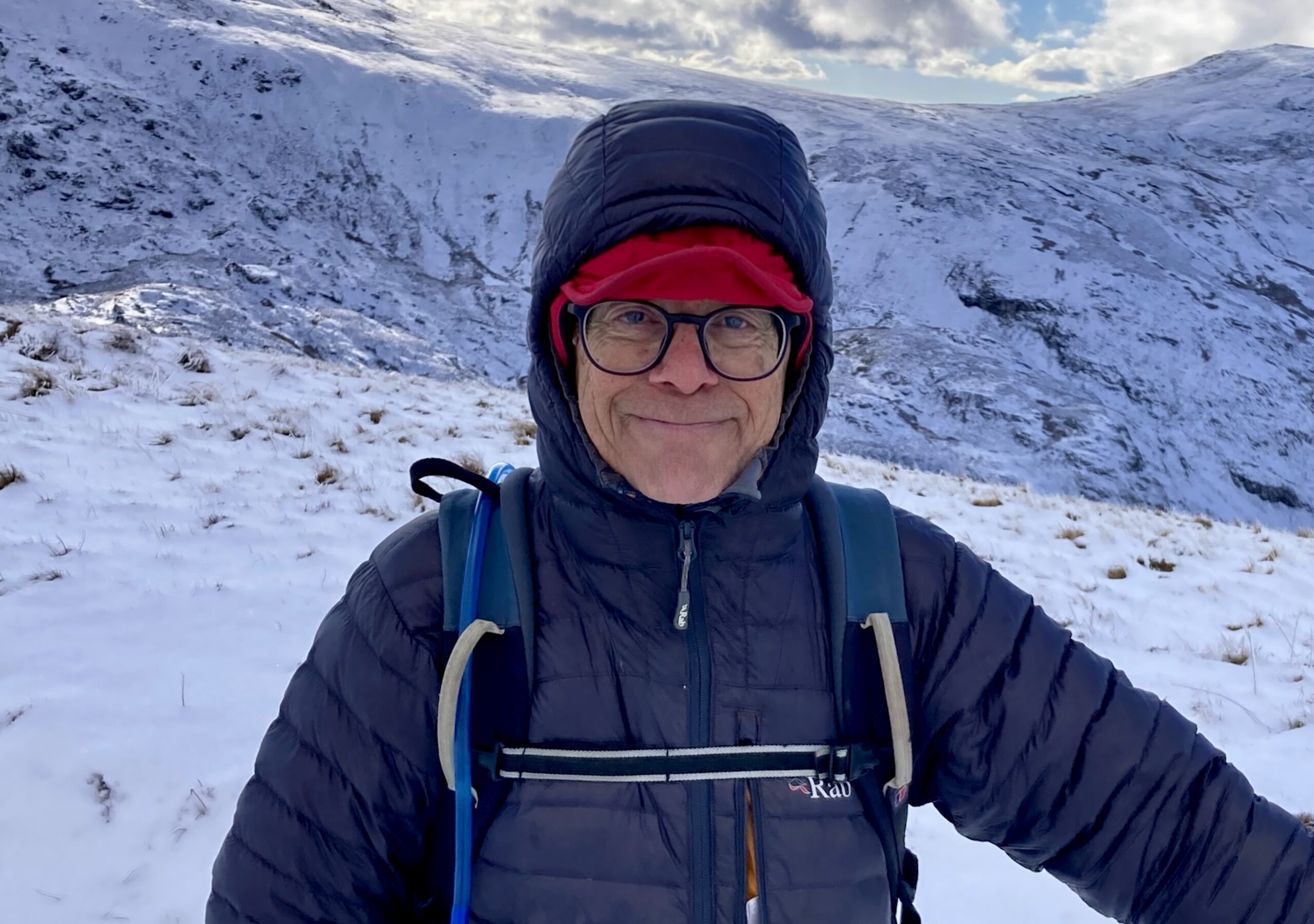Compassion and Emptiness
With Tejananda
October 17 - 24, 2025
The Buddha taught the divine abodes – unconditional love, compassion, joy and equanimity – not just as states of calm, but as ways to liberate the mind. The Brahmavihara practices enable us to cultivate these qualities and to engage with our afflictive emotions – craving, hatred and ‘ignoring’ – in relation to them. In doing so, we’re already engaging with insightful perspectives. Sooner or later, we’re likely to start glimpsing the uncultivated, unlimited, unconditional nature of these qualities, free from afflictions. We’ll explore these possibilities in the first part of the retreat from a perspective of deep, embodied awareness and in a spirit of openness and curiosity.
This will provide us with an excellent basis for our contemplations of emptiness. Based on the ‘Shorter Discourse on Emptiness’, an early Buddhist text, this approach to emptiness is less analytical and more experiential than many of those developed in later Mahayana schools. Starting with our everyday experience, it enables us to ‘experience’ emptiness progressively in relation to some subtle states of formless meditation and the liberation of ‘signlessness’. It doesn’t matter how far through this progression we manage to get – emptiness is emptiness and discovering it in relation to our ordinary experience now can be quite profound enough!
Leader
Tejananda has been practising meditation and dharma since the mid-70s. He was ordained by Sangharakshita in 1980 after which he participated in the setting-up of the FWBO Bristol centre and was centre chair for six years. After several years working for the Karuna Trust in Oxford, he joined the team at Vajraloka in 1995. His book,’The Buddhist Path to Awakening’ was published by Windhorse around that time. Since then he has been leading and supporting retreats at Vajraloka and at other retreat centres in the UK and worldwide. Although no longer living at Vajraloka, he remains part of the wider…
Learn more about Tejananda



